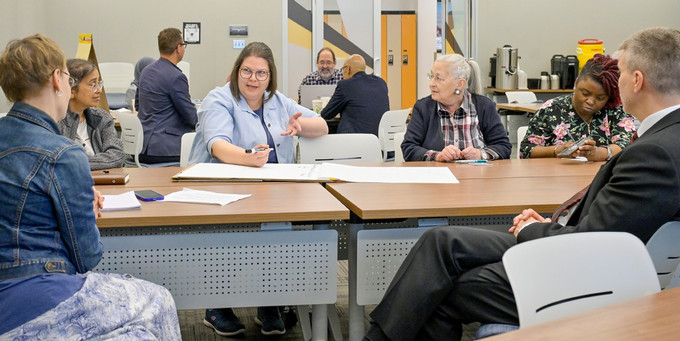Big questions such as “What does an outstanding University of Regina look like in 10 to 15 years?” are circulating campus and beyond through hybrid town hall meetings, come and go sessions, and surveys.
“Strategic planning really matters,” says Dr. Zisis Papandreou, U of R physics professor and department head. “It is a roadmap to where we want to be in 10 years.”
Everyone’s voice matters in envisioning bold possibilities and establishing a shared vision that reflects who we are and strengthens the University’s impact locally and globally. — Dr. Aziz Douai, Dean of the Faculty of Graduate Studies and Research and Strategic Planning Steering Committee Project Lead
Papandreou, a member of the Strategic Planning Steering Committee that kicked off last spring, emphasizes that a plan isn’t about predicting the future, it’s about preparing for it.
“A strategic plan has a clear destination, key priorities, measurable goals and specific actions, but the journey needs to be flexible to respond to changing environments.”
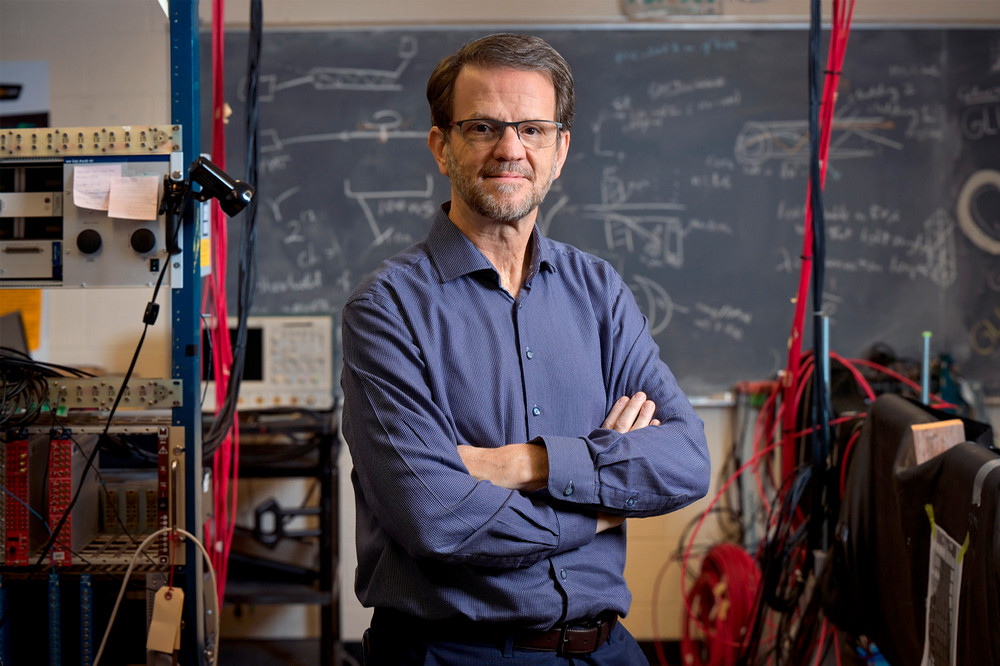
Papandreou believes the new plan should reflect both local priorities and global realities while building upon the U of R’s reputation and national recognition for academic quality. Many components he feels are important continue to build on the current strategic plan, All Our Relations: kahkiyaw kiwâhkômâkaninawak.
“It should encompass a transformative student experience through wellness, belonging, and experiential and interdisciplinary learning. It should also include a modern and sustainable campus, affordable and accessible pathways for learning, and be enriched with strong Indigenous and community partnerships,” he shares.
Student input wanted and valued
Papandreou’s vision resonates with students like Addyson White, a second-year Psychology student who joined the process to make sure her voice counts. White volunteered to be on the planning committee.
“What motivated me specifically was the knowledge that my voice mattered,” she explains. “When I discovered the strategic planning process, I found that my voice would be heard, and I could actually make a difference.”
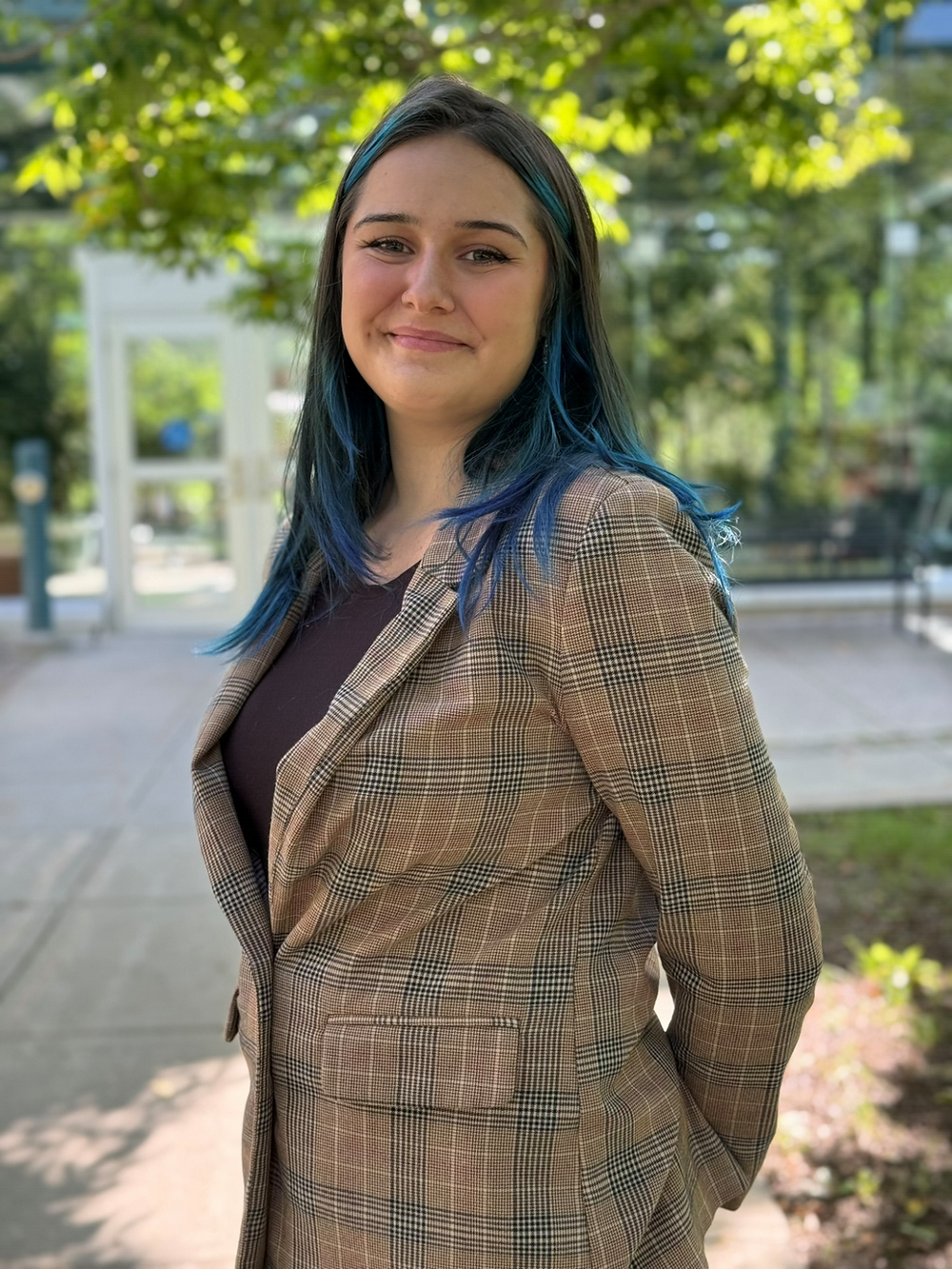
Second-year Psychology student Addyson White, joined the strategic planning process to make sure her voice counts. Photo credit: University Communications & Marketing
White believes that including students at the table changes the dynamic of the discussion.
“Students are the catalyst to progress as they are the ones who have experienced everything first-hand and can lay out the pros and cons of each decision. It is important to work within the community you are trying to help instead of assuming needs,” she says.
Her involvement has also bolstered her perception of University leadership.
“As someone who has not worked with University administration, the most surprising thing was their willingness to listen. When I raised my concerns at the Townhall, I had the decision makers’ full attention. That was really refreshing,” says White.
A parent and former student weighs in
For Curtis Wiebe, an Engineering alumnus and parent of a current student, strategic planning matters just as much. He sees the process through multiple lenses.
“Every successful individual, team, organization, or institution has a clear mission, set of goals, or some guiding objective that sets the organizational direction. You need to know where you want to go to be able to make decisions about whether the things you’re doing are helping you get there,” says Wiebe.
“If you have this kind of organizational alignment, you put the organization in the wonderful situation where the whole starts growing much larger than the sum of its parts.”
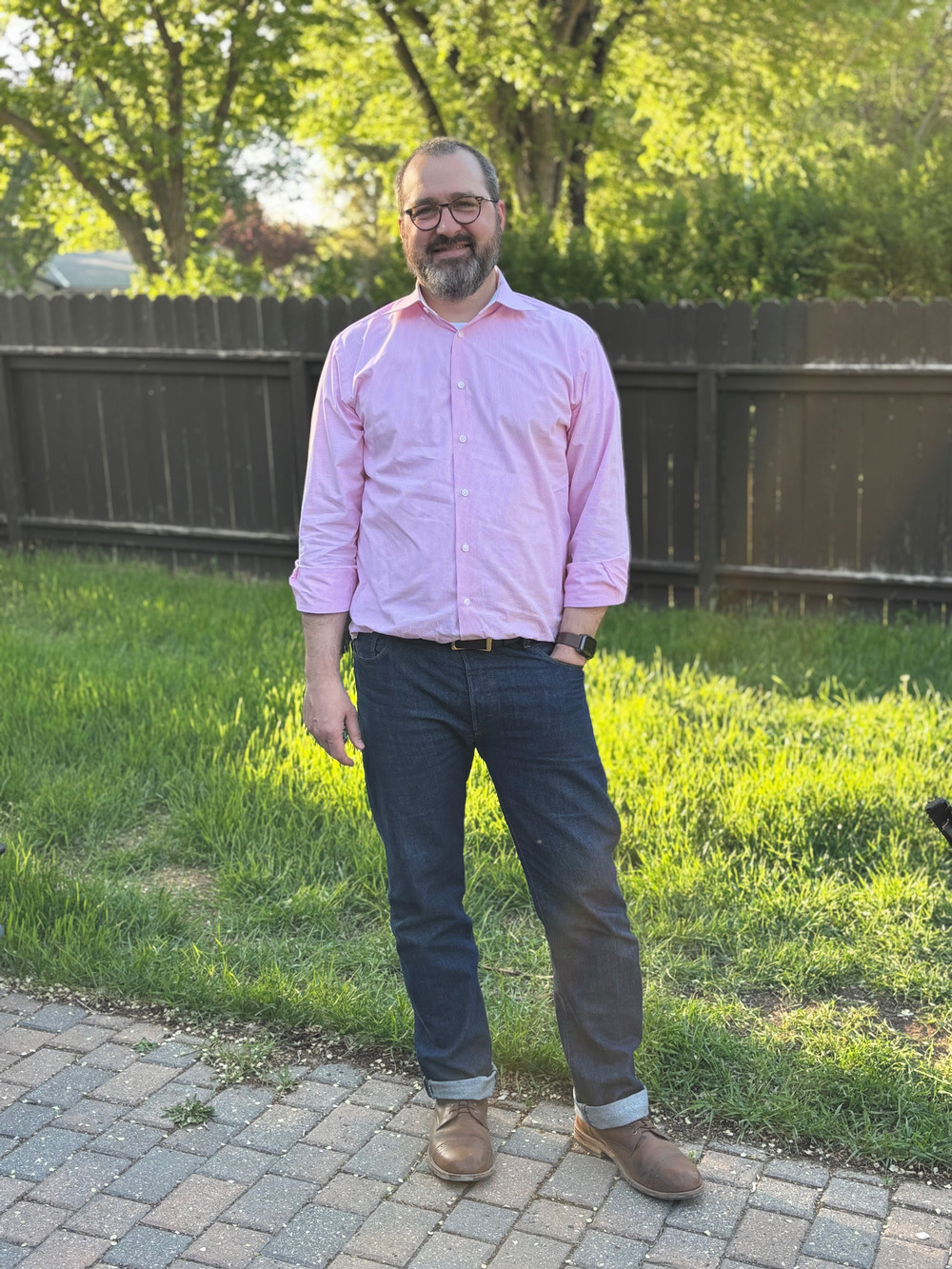
Curtis Wiebe, an Engineering alumnus and parent of a current student, feels very connected to the U of R and sees the current strategic planning process as an opportunity to further engage the communities the University serves. Photo credit: Courtesy of Curtis Wiebe
Wiebe also sees the plan as a chance to strengthen the University’s community ties and to position it for the next generation.
“As a graduate and parent, I feel very connected to the U of R, but I’m not sure the larger community would always feel that way. There’s an opportunity to build on those connections to strengthen the University’s position and profile in Regina and in Saskatchewan.”
Looking to the future, Wiebe says adaptability should be acritical component to the new strategic plan because the pace of technological, cultural, and economic change continues to accelerate.
“To counter the organizational inertia that works to keep us from changing, I think the strategic plan could include specific strategies for how to remain nimble and responsive to the changes facing our community,” emphasizes Wiebe.
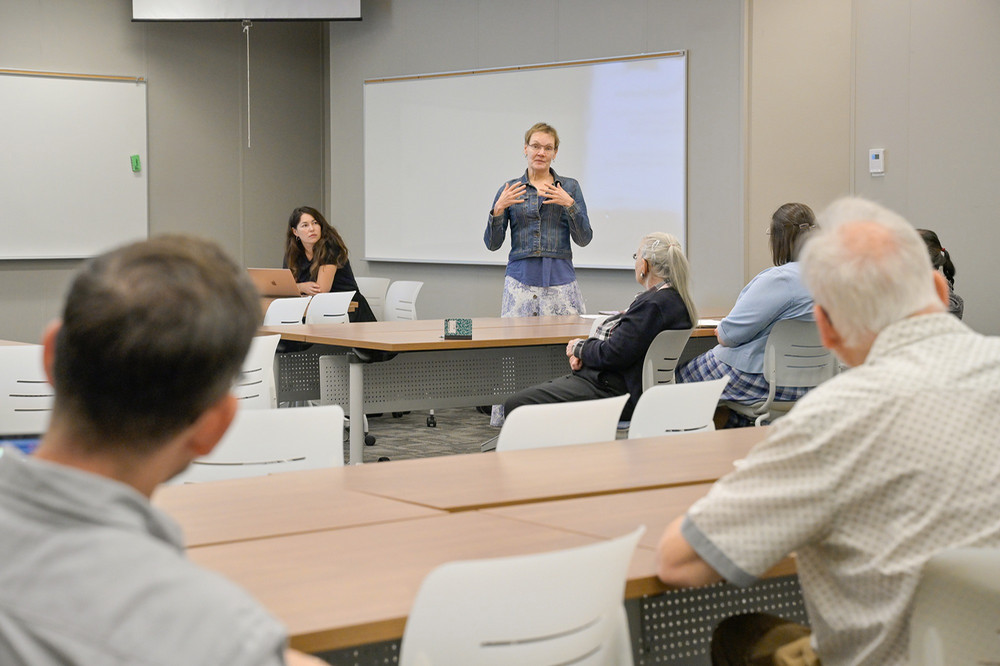
Community perspectives matter
Ensuring there is a balance between clear direction and ongoing adaptability is also emphasized by Dr. Aziz Douai, project lead for the strategic planning process and the Dean of the Faculty of Graduate Studies and Research.
“Everyone’s voice matters in envisioning bold possibilities and establishing a shared vision that reflects who we are and strengthens the University’s impact locally and globally,” Douai says.
So far, early participation has been encouraging.
“Initial engagement has been positive across faculty, staff, and students, with the strongest response to date coming from staff during the summer period. During the fall term, we anticipate broader participation from our campus community.”
Douai explains that while five-year strategies are often operational for identifying short-term initiatives, a ten-year plan allows for more ambitious thinking.
“The 10-year strategic vision allows for bolder thinking which provides a structured foundation for decision-making, integration of shorter-term efforts, and enhances the institution’s impact and appeal to global and community partners.”
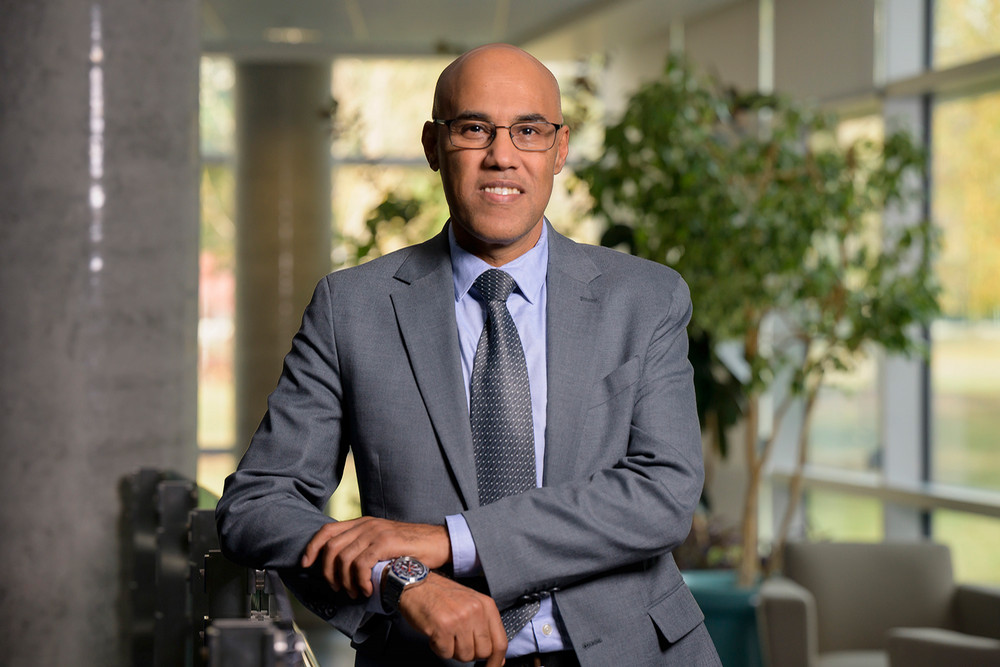
Looking ahead, Douai says additional opportunities for community feedback will be built into the process before the final plan is launched.
“While the specific format and timing of these engagements are still being determined, we remain committed to ensuring an inclusive process and will continue to welcome input from the wider community as we move into the new year.”
Engage in the University’s strategic planning process. If you have not already done so, complete the Strategic Planning survey.
The timeline is ambitious but clear. A first draft of the plan is expected by December 2025, with the final version to be released in February 2026.
As the planning process unfolds, voices like that of Papandreou, White, Wiebe, and Douai’s illustrate why this work matters. Strategic planning is not simply an administrative requirement, it is a collective exercise in defining identity, setting direction, and preparing for the challenges and opportunities ahead.
About the University of Regina
At the University of Regina, we believe the best way to learn is through access to world-class professors, research, and experiential learning. We are committed to the health and well-being of our more than 16,600 students and support a dynamic research community focused on evidence-based solutions to today’s most pressing challenges. Located on Treaties 4 and 6—the territories of the nêhiyawak, Anihšināpēk, Dakota, Lakota, and Nakoda peoples, and the homeland of the Michif/Métis nation —we honour our ongoing relationships with Indigenous communities and remain committed to the path of reconciliation. Our vibrant alumni community is close to 95,000 strong and enriching communities in Saskatchewan and around the globe.
Let’s go far, together.
